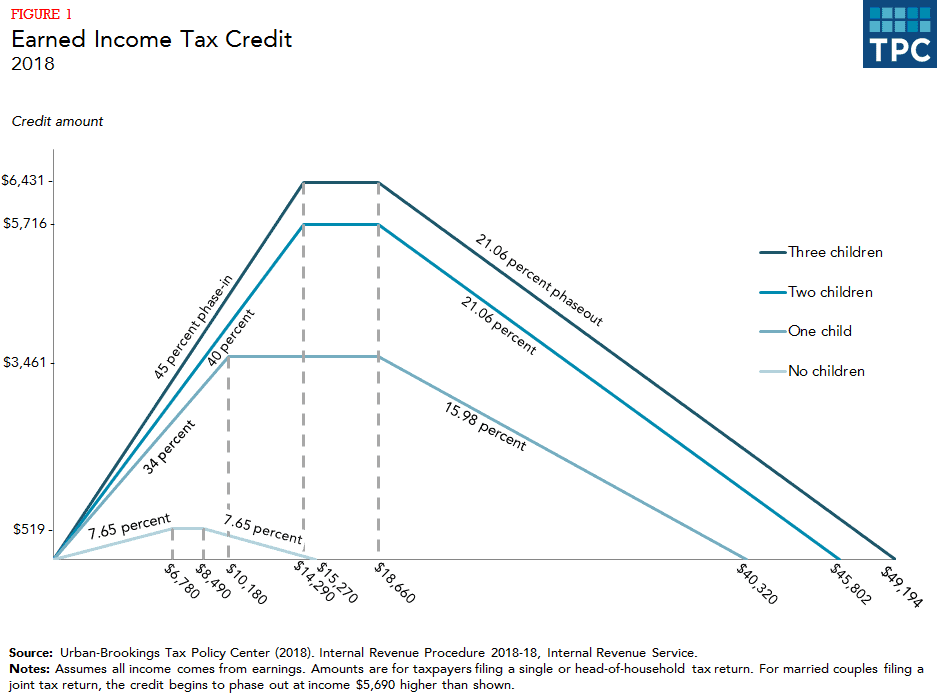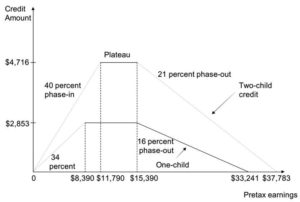Latest News
What is the Earned Income Credit?

Received Income Loans (EITC) are a method of central government repayment for workers and low-income people. It doesn’t matter if you have enough income to pay income tax, you can still get this loan. To receive it, you must file a federal tax and send it to the Internal Revenue Service (IRS).
Massachusetts also has a Credit Income (EIC) to help low-income people receive reimbursements from state governments. To receive credit, you must file a state tax and send it to the Massachusetts Department of Revenue (DOR).
By filing taxes and receiving these loans, you will be able to receive money from the federal government and the state government.
5 Information about income tax credits
Many qualified taxpayers are not interested in the Income Tax Credit (EITC) and are likely to lose thousands of dollars in tax credits. Here are 5 things every taxpayer should know about EITC see if you qualify for the eic?
For many taxpayers, it’s difficult to know why they qualify for tax credits and why. But if taxpayers make significant savings on their tax returns and in some cases, their tax returns, they still have the value of the claim.
The most profitable and repayable loan for low or middle income families is the Income Tax Credit (EITC).
Here are 5 facts about EITC that every taxpayer must know.
1.Eligibility is limited to those with low and medium income.
General eligibility rules for EITC are very simple:
- Taxpayers must file separately or marry together.
- If you are married, your spouse and eligible children must have a valid social security number.
- You must be older than 25 but under 65
Although EITC is generally considered a loan for low or medium income taxpayers It has many forms of income, marital status, and the number of dependents that can affect your eligibility. For example:
- A marriage in 2019 with three children and adjusted gross income of $ 55,592 or less can receive up to $ 6,557.
- An individual with an income of $ 15,570 and who has no children will receive as many as 29 529.
Taxpayers are encouraged to review their qualifications to receive EITC each year.The highest debt amount for 2019 is $ 6,557, according to the Department of Revenue.The average credit earned in 2018 is 48 2,488.
2.Self-employed people still count
Many taxpayers, especially self-employed people, do not take advantage of the tax credit because they feel that they are not eligible.
The IRS considers all incomes to be eligible for credit. It includes:
- salary
- Age of wages
- Ips Tricks
- Union Strike benefits
- Long-term disability benefits
- net income from self-employment
- total income received as legal employees (Independent contractor under general law)
Some incomes that are not considered credit:
- child support payments
- Retirement payments
- social security payment
- Unemployment Relief
- Payment of pensions to spouses
- Receive money while working in prison.
3.Some people may disqualify you
In 2019, investment income disqualifies you if see the eic table chart it is more than $ 3,600 in a year, including income from dividends in shares, rental properties, or inheritance income.
4.Ripples of making merit
Taxpayers should pay attention to their qualifications for EITC each year because tax laws and personal circumstances may change. Some changes that may affect your EITC rights:
- work
- Unemployment
- Ual’s annual bonus loss
- Changing marriages in your marital status or civil
- Change the work of your spouse

5.Tax software helps
Since EITC is one of the most profitable credits for hard-working Americans, taxpayers should consider qualified tax software to increase their EITC. Electronic programs have an advantage over traditional paper and pencil tax returns. As long as you enter the information correctly and precisely, the program will help you get the tax benefits you deserve. Received
EITC loss
As with everything related to the Internal Revenue Service, this is not worth the dishonesty. If the agency detects fraud by taxpayers or meets the terms of the credit they have received, the Revenue Department may reduce or cancel access to the taxpayer for the income tax credit received over the years.
If the Revenue Department considers that someone ignores the rules to increase credit, the packer may prohibit the credit for two years. After that, the taxpayer must submit a special application form to get the credit.
If the Revenue Department considers that taxpayers provide fraudulent financial information in order to claim EITC, it may authorize you without allowing you to borrow for up to 10 years.
Sebastian was born and raised in the busy city of Abbottabad. As a journalist, Saad Mushtaq has contributed to many online publications including the PAK Today and the Huffing Post. In regards to academics, Saad Mushtaq earned a degree in business from the Abbottabad UST, Havelian. Saad Mushtaq follows the money and covers all aspects of emerging tech here at The Hear Up.Thanks










